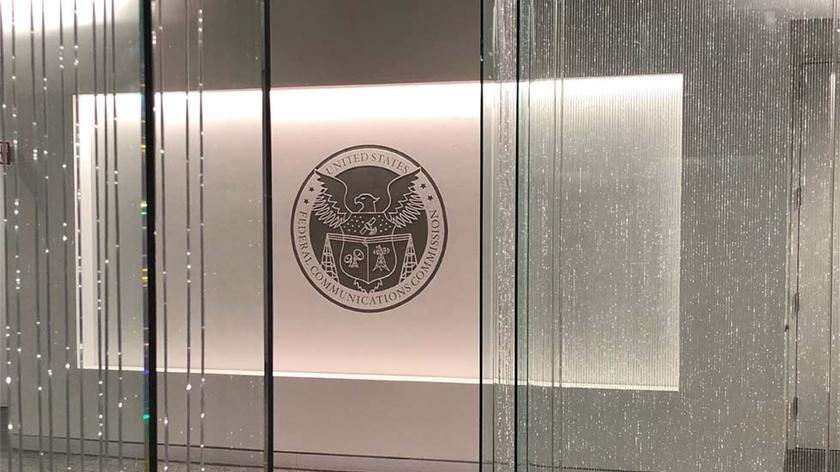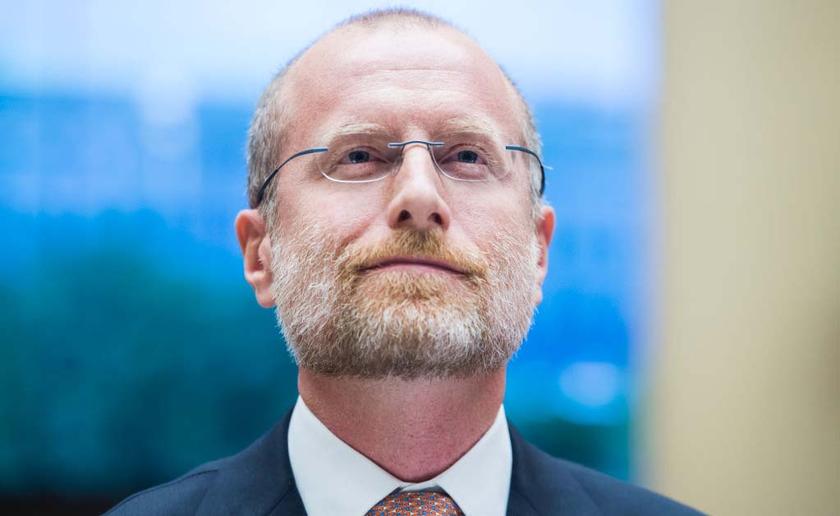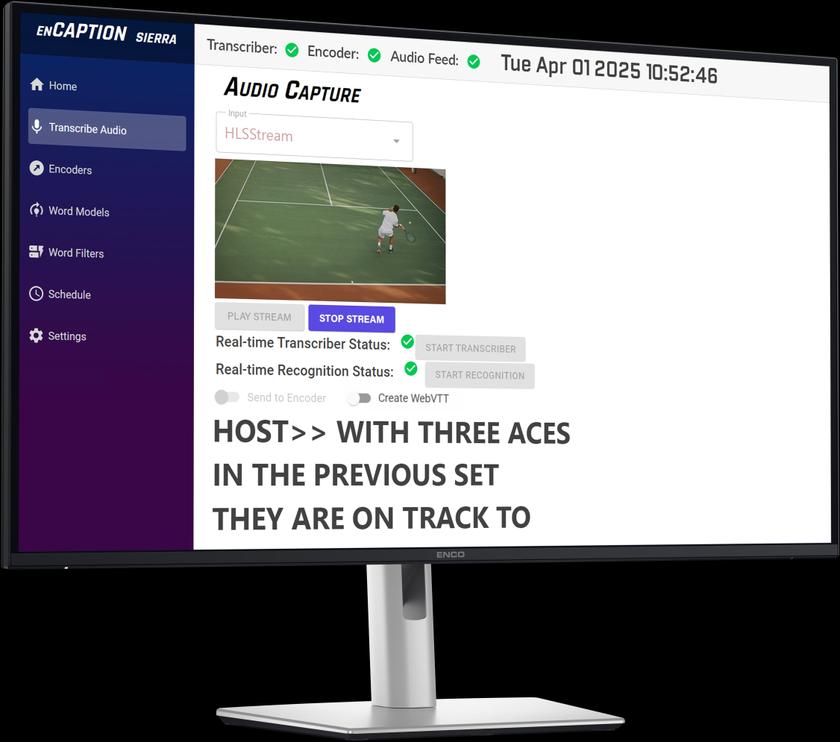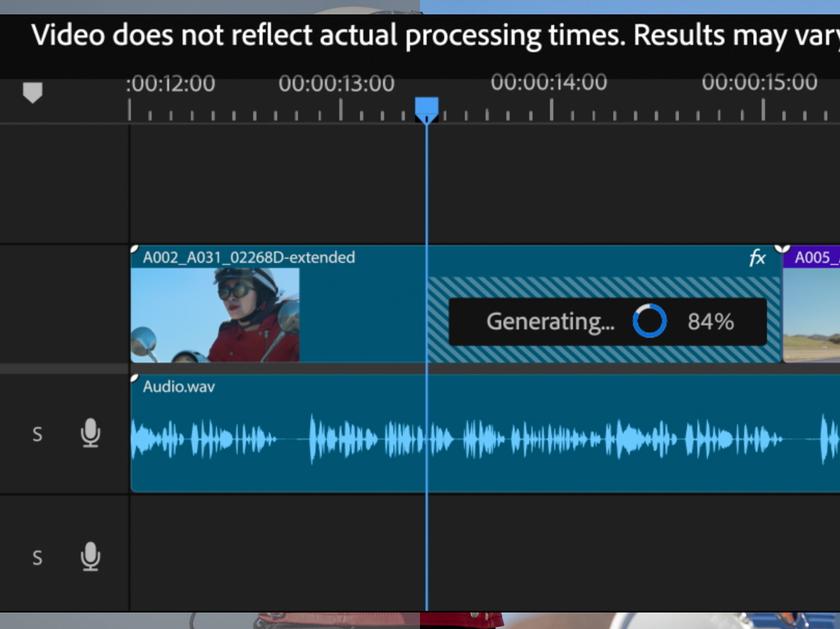With many broadcasters committed to the switch, Congress extends analog shutoff

Television stations owned by ABC, CBS, Fox and NBC will continue to transmit analog signals until the new June 12 deadline. Together, they own 85 full-power stations, mainly in large cities. However, many of the nation’s television stations — including network affiliates — will cease analog broadcasting next week as originally scheduled.
Michael Copps, the acting chairman of the FCC, set a Feb. 9 deadline for stations to notify the commission if they plan to shut down analog broadcasting on Feb. 17. Stations choosing to do so must air at least 120 PSAs informing viewers of the shutdown between now and Feb. 17.
Copps said that under the law the commission can prohibit stations from making the switch if doing so is not in the public interest. For instance, if all stations in a market want to turn off early, he said that would draw FCC scrutiny.
As of last week, 143 broadcasters had already terminated their analog signals and another 60 stations had stated plans to do so by the original deadline. However, that number was fluctuating almost hourly as stations made decisions on how to proceed.
Now that Congress has extended the transition date until June 12, the nation is ensured of a staggered transition over the next four months. Many smaller stations have complained of the high cost of running both digital and analog transmitters in a deteriorating economy — a factor that may trigger many early shutdowns.
Sen. Jay Rockefeller, D-WV, chairman of the Senate Commerce Committee and sponsor of the legislation, asked broadcasters to “put consumers first” and not push for an early analog turnoff. “While broadcasters are still permitted to move forward on Feb. 17, and some will do so, I hope that many will think of the needs of their customers and carefully weigh their options,” the senator said.
Gannett and Hearst-Argyle Television pledged to continue analog transmissions for the vast majority of their stations until June 12. They own or operate 52 stations. However, many stations said they will take advantage of a quick transition.
Get the TV Tech Newsletter
The professional video industry's #1 source for news, trends and product and tech information. Sign up below.
For example, stations in the Cedar Rapids-Waterloo-Dubuque-Iowa City television market jointly announced after the House vote they will convert to digital-only broadcasting on Feb. 17. They include KWWL, KCRG, KGAN, KFXA and KFXB.
The Oklahoma Educational Television Authority, the public broadcasting network in the state, announced that it planned to cease analog transmission from its full-power antennas at 1 p.m. on Feb. 17. Afterwards, PBS said about half of the 356 public broadcasting stations across the country will also pull the switch on the 17th.
The Utah Broadcasters Association said the commercial stations in the state still plan to shut down analog on the 17th, while the public ones will wait until June.
In Wisconsin, at least two stations in Madison and five in the La Cross-Eau Claire plan to flip the switch on Feb. 17. In Minnesota, at least four stations plan to keep the original date.
The deadline was extended to June 12 because President Obama shared concerns with many Democrats that 20 million mostly poor, elderly and rural households were not ready for the congressionally mandated switch on Feb. 17. A key reason for the delay was that the subsidy for converter boxes ran out of money.
That problem is still not fixed. About 13 million people hold expired $40 coupons the government is providing to offset the costs of converter boxes needed for older televisions. The money to jumpstart that program is in the stimulus bill, still under consideration by Congress.
Another looming issue is the availability of the converter boxes. The Consumer Electronics Association said the extension date injects uncertainty into the market and could result in a shortfall of available boxes.












